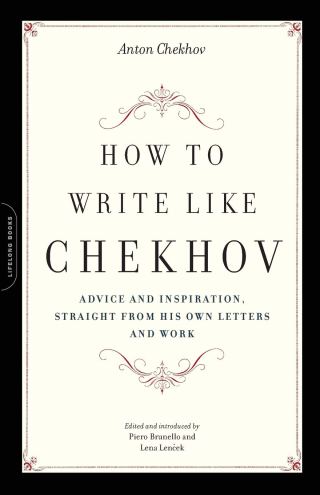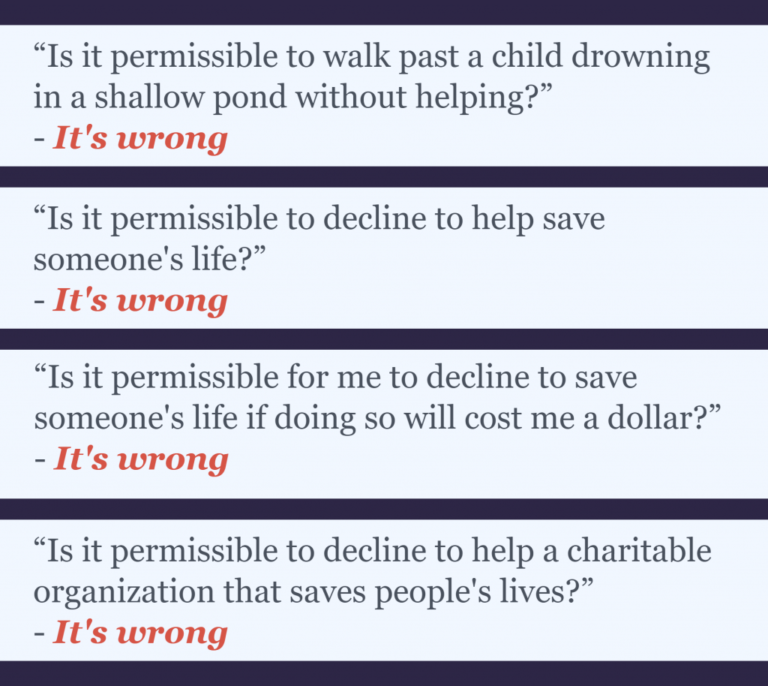In asking this, I’m not asking for suggestions that just require more work from editors. Editors already work long and hard, and suggestions which imply they should work 18 hours a day are not reasonable. Indeed, we might ask not what our journal editors can do for us, but what can be done for our journal editors. Editors, feel free to pipe in here!

A postdoctoral fellow at a prestigious university recently wrote in to share their story of a leading journal that took three months to desk-reject their submission. The experience, they wrote, was an example of “how dysfunctional publishing in philosophy journals can be.”
People have had plenty of bad experiences with philosophy journals. And there have been a number of suggestions about what to do about one of the common causes of many of these experiences: the high ratio of submissions to (desirable) publication space. Yet these suggestions are often for profession-wide changes to practices and institutions the adoption of which seem unlikely, or face collective action problems, or are rather indirect. As we sit around waiting for such big changes, perhaps it is worth asking what individual journals, editors, and publishers can do in the short term to improve the situation.

Some of these and other suggestions may bring only minor benefits, but that is okay. Together they may add up to something noticeably better. And besides, progress doesn’t require that we solve all of the problems entirely. So let’s hear your ideas.
- Improve transparency where it is lacking, and be explicit so as to appropriately manage author expectations. “Warning: it may be three months before we decide that your paper isn’t worth refereeing” should be on the “information for authors” webpage of journals for which it is true.
- Increase the number of associate editors, exerting pressure on publishers to fund this if need be, and delegate more tasks to them.
- For the period between author submission of a manuscript and an editor’s (or associate editor’s) initiating consideration of whether it should be refereed, allow the manuscript to be submitted to other journals, explicitly declaring that during this period, the submitted manuscript is not actually “under consideration” at the journal, but simply “on a waitlist to be under consideration.” When it is about to be moved from the waitlist to “under consideration,” the author will be notified and must choose whether to continue with that process (and if so, withdraw the manuscript from other journals).
[Su Blackwell, “Nature in Britain”]
Here are a few possible suggestions:
Related: “Notably Good Experiences with Philosophy Journals”





